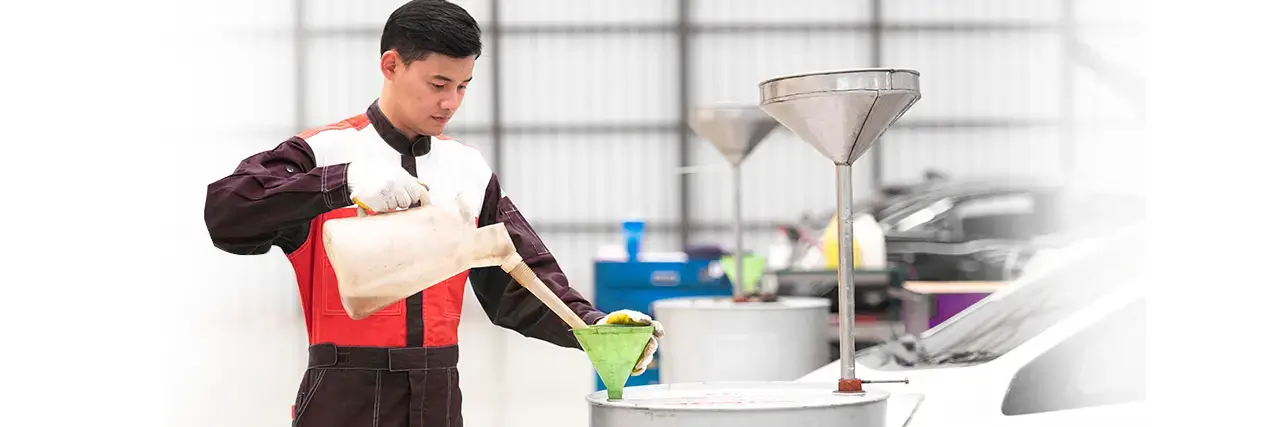Used oil is one of the most common household and industrial wastes that can harm the environment if not disposed of correctly. Improper disposal, such as pouring it down drains or onto the soil, can pollute water sources, harm wildlife, and damage ecosystems. Proper handling and disposal of used oil ensure that it can be recycled or treated safely, reducing waste and environmental impact.
Adopting olie recyclen responsible practices protects natural resources, promotes sustainability, and supports a cleaner, healthier planet for future generations.
Why Proper Used Oil Disposal Matters
- Prevents water pollution by keeping harmful chemicals out of rivers, lakes, and oceans.
- Reduces soil contamination that can affect plant life and agriculture.
- Minimizes health risks to humans and animals from toxic exposure.
- Supports recycling efforts that convert used oil into reusable products like lubricants and fuel.
Practical Steps for Safe Used Oil Disposal
- Collect Used Oil Carefully
o Store used oil in clean, leak-proof containers.
o Avoid mixing with other substances like chemicals or water.
- Use Designated Collection Points
o Take used oil to certified recycling centres or disposal facilities.
o Many auto shops and service stations accept used oil for safe handling.

- Recycle and Reuse
o Recycled oil can be refined into lubricants, industrial fuels, or energy sources.
o Reuse reduces the need for new oil, conserving natural resources and energy.
- Follow Local Guidelines
o Adhere to municipal or national disposal regulations to avoid fines and environmental damage.
o Educate others about proper disposal methods to build a responsible community.
Benefits of Responsible Oil Disposal
- Environmental Protection: Prevents contamination of water, soil, and air, supporting biodiversity.
- Resource Conservation: Recycling used oil reduces the demand for new crude oil extraction.
- Economic Efficiency: Reusing oil lowers costs for industries and promotes sustainable practices.
- Community Health: Reduces exposure to hazardous substances that can cause illness or environmental hazards.
Creating a Habit of Proper Oil Disposal
- Regularly inspect and maintain oil storage to prevent leaks.
- Share knowledge with neighbours, friends, and colleagues to encourage responsible disposal.
- Keep track of disposal and recycling activities to monitor environmental impact.
- Support programs or initiatives that promote oil recycling and environmental protection.
Proper disposal of used oil is a simple yet powerful action that significantly reduces environmental damage and conserves natural resources. Every individual, household, and business can contribute to a cleaner planet by handling used oil responsibly. Following clear steps like collection, storage, and recycling ensures that oil waste does not become a hazard. By making these practices a routine, society can reduce pollution, conserve energy, and protect health, building a sustainable future for generations to come.
